The Best (And Worst) Vendor Stocks of 2008
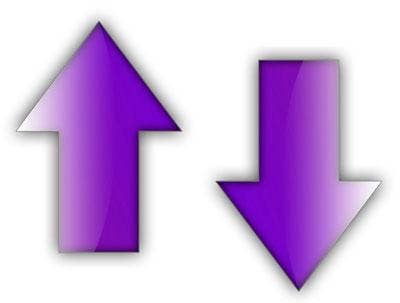
It wasn't a great year on Wall Street for most IT vendors, but some companies certainly fared better than others. Channelweb.com tracked the year-over-year results for 33 vendors from our Channel Champs and Annual Report Card (ARC) surveys, and found some interesting results.
All 33 companies saw their stock valuations deflate in 2008, but their declines ranged greatly, from less than 10 percent for security vendor McAfee, down to 98 percent for struggling telecom giant Nortel.
Overall, the 33 companies' stocks fell 46.3 percent in 2008. By comparison, Nasdaq fell 33.8 percent and Dow Jones declined 40.5 percent over the past 12 months. For better or worse, here are the year's 33 best (and worst) stocks for vendors from 2008.
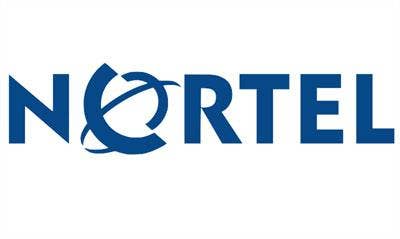
Dec. 31, 2007 Closing Price: $15.09
Dec. 31, 2008 Closing Price: $0.26
1-Year Change: -98.3%
It hasn't been a tough year for telecom equipment maker Nortel Networks; it's been a tough decade. In mid-2000, Nortel's stock traded for more than $1,000, adjusted for a 2006 stock consolidation. Last month, the company received notice from the New York Stock Exchange Thursday that its share price, at 26 cents on New Year's Eve, was below the exchange's continued listing standards.
Under exchange rules, the company has six months to bring its average common share price back above $1.00. If the average closing price does not sufficiently improve, the company said it may present a proposal to shareholders for a consolidation of shares.
In November, Nortel showed a $3.4 billion loss, or $6.85 per share, its largest loss in seven years, and announced 1,300 layoffs.
Nortel's slide could not be stopped, and this week the company filed for Chapter 11 bankruptcy protection to give itself time to reorganize.
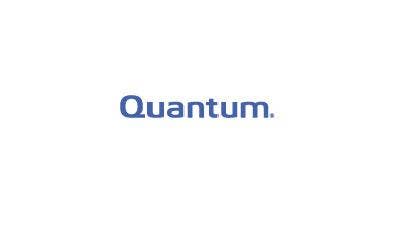
Dec. 31, 2007 Closing Price: $2.69
Dec. 31, 2008 Closing Price: $0.36
1-Year Change: -86.6%
Quantum is hurting because of its focus on tape, which is a declining business. This comes despite some OEM contracts. Revenue is taking a hit as the company shifts its focus from tape-based storage arrays to disk-based backup and deduplication appliances, where it is gaining traction, especially with new OEMs EMC and Dell.
Through its first two fiscal quarters ended Sept. 30, revenue dropped 18 percent to $300.8 million, compared to the year-ago quarter. The company lost $17.6 million during the first two fiscal quarters.
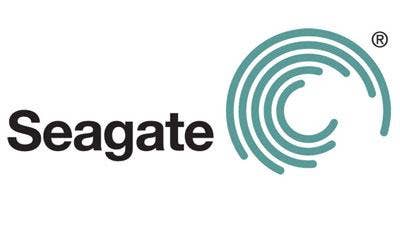
Dec. 31, 2007 Closing Price: $25.50
Dec. 31, 2008 Closing Price: $4.43
1-Year Change: -82.6%
Seagate's main product is hard drives which, despite the level of technology involved, are seen as commodity products because of how quickly prices can fall. Company drive sales are also dependent on sales of servers, PCs, storage arrays and consumer electronics, and a downturn in the economy is not good news for Seagate. The company closed or planned to close a number of facilities, and in December declared a temporary furlough of many of its employees.
In its most recently reported quarter, net income fell 83 percent to $60 million, or 12 cents per share. Revenue fell 8 percent to $3.03 billion.
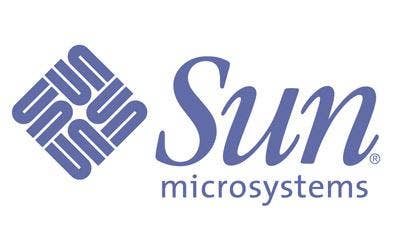
Dec. 31, 2007 Closing Price: $18.13
Dec. 31, 2008 Closing Price: $3.82
1-Year Change: -78.9%
Sun Microsystems still depends on hardware to drive sales of many of its other products, and the company is losing ground in its high-end server business, as large companies continue to migrate from Unix to Windows and Linux. Sun is responding with a strong move toward open systems, but it is a long process. The company is taking a big hit from the economic downturn. While Sun did report a couple of profitable quarters in 2008, its last report, in September of 2008, showed a huge loss. In November, the company announced a planned layoff of up to 6,000 people.
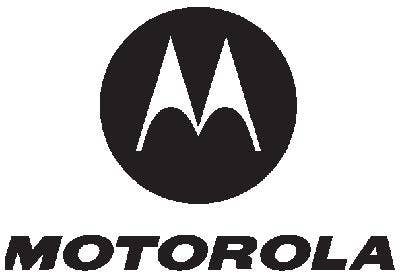
Dec. 31, 2007 Closing Price: $16.04
Dec. 31, 2008 Closing Price: $4.43
1-Year Change: -72.4%
Last month, Motorola slashed its employee pension benefits to try to save money. In October, the company announced a $397 million loss in its third quarter, a period in which device sales fell 31 percent compared to the same quarter last year.
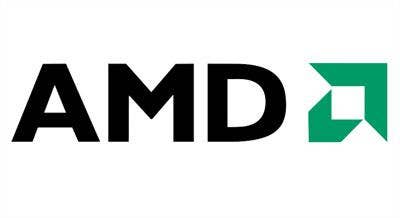
Dec. 31, 2007 Closing Price: $7.50
Dec. 31, 2008 Closing Price: $2.16
1-Year Change: -71.2%
The Sunnyvale, Calif.-based chip maker had seven straight quarters in the red, which led to the departure of Hector Ruiz as CEO. On Dec. 30, the company said layoffs (600) and charges ($70 million) would be greater than previously announced.
The chip maker's financial year proved to be marginally better than 2007 while its ATI graphics division captured a technology edge and attendant market share from Nvidia, but the market remained less than impressed with AMD in 2008. Meanwhile, the major restructuring of AMD's executive team and spin-off of its manufacturing assets offer some hope for 2009.
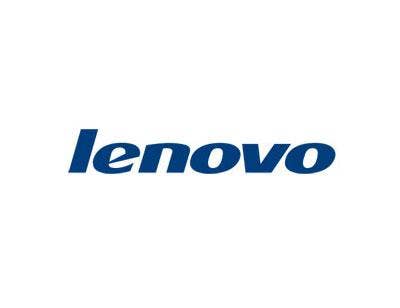
Dec. 31, 2007 Closing Price: $17.75
Dec. 31, 2008 Closing Price: $5.50
1-Year Change: -69.0%
Last week, Lenovo announced it would cut 2,500 workers, 11 percent of its workforce, take a $150 million restructuring charge, and reduce executive compensation by up to 50 percent. The company said revenue and gross profit decreased "significantly" in the third fiscal quarter ended Dec. 31, 2008.
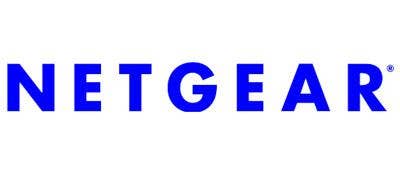
Dec. 31, 2007 Closing Price: $35.67
Dec. 31, 2008 Closing Price: $11.41
1-Year Change: -68.0%
In its most recently announced quarter, the networking equipment maker's net income fell 77 percent to $3.1 million, or 9 cents per share, and revenue fell 6 percent to $179.4 million.
"We believe the weakness in the global economy and tight credit markets worldwide are causing softness in end-user demand," chairman and CEO Patrick Lo said in a statement last October. "We expect subdued spending conditions to persist over the next few quarters."
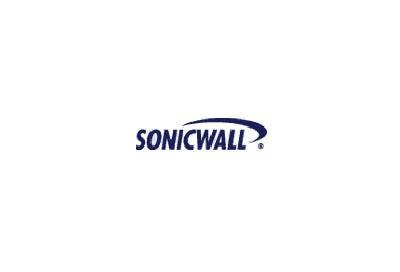
Dec. 31, 2007 Closing Price: $10.72
Dec. 31, 2008 Closing Price: $3.98
1-Year Change: -62.9%
Through three quarters ended Sept. 30, 2008, SonicWall's sales slipped almost 4 percent to $69 million, compared to the prior-year period, and the company's profits fell 75 percent to $1.4 million.
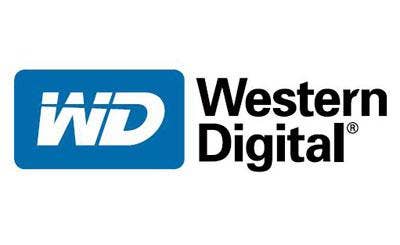
Dec. 31, 2007 Closing Price: $30.21
Dec. 31, 2008 Closing Price: $11.45
1-Year Change: -62.1%
Western Digital's main product is hard drives which, despite the level of technology involved, are seen as commodity products because of how quickly prices can fall. The company in December announced plans to cut executive compensation, lay off about 2,500 employees, cut some manufacturing facilities and cut capital spending.
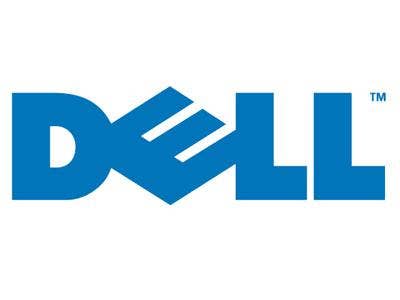
Dec. 31, 2007 Closing Price: $24.51
Dec. 31, 2008 Closing Price: $10.24
1-Year Change: -58.2%
This month, Dell announced a major corporate reorganization that includes the departures of Mike Cannon, its president of operations, and Mike Jarvis, chief marketing officer. Previously, the company said it planned to cut nearly 9,000 jobs, about 10 percent of its global workforce.
In its last three fiscal quarters, ended Oct. 31, 2008, Dell's net income fell 6 percent to $2.26 billion, while sales increased nearly 6 percent to $47.67 billion.
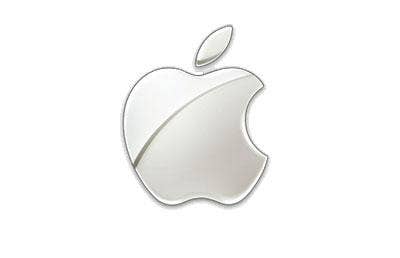
Dec. 31, 2007 Closing Price: $198.08
Dec. 31, 2008 Closing Price: $85.35
1-Year Change: -56.9%
Apple completed its fiscal year in September with a strong performance compared with most other companies in this list, but its CEO's health has investors worried. This week, Steve Jobs issued a statement saying he would take a medical leave of absence until June because, "I have learned that my health-related issues are more complex than I originally thought."
In its 2008 fiscal year, the company's sales increased 26 percent to $32.48 billion, and its net income increased 28 percent to $4.83 billion.
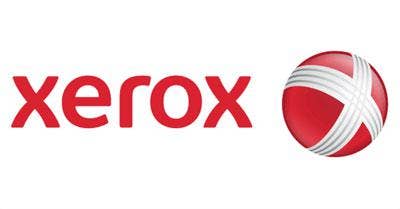
Dec. 31, 2007 Closing Price: $16.19
Dec. 31, 2008 Closing Price: $7.97
1-Year Change: -50.8%
Late last year, Xerox announced plans to cut 3,000 jobs, 5 percent of its workforce, and take a $400 million restructuring charge.
"These are extraordinary times. But we will stay the course and be conservative with our cash flow. Companies want to do business with companies that are a safe bet," Chairman CEO Anne Mulcahy said last fall.
Through three fiscal quarters, Xerox's net income fell 70 percent to $229 million, compared with the prior-year period. Sales for the same time increased 8 percent.
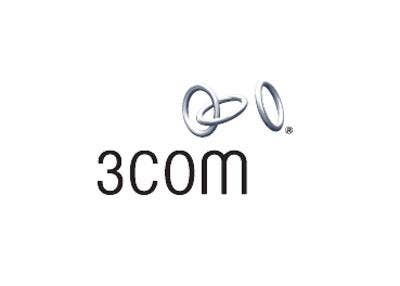
Dec. 31, 2007 Closing Price: $4.52
Dec. 31, 2008 Closing Price: $2.28
1-Year Change: -49.6%
CEO Edgar Masri was ousted in April, replaced by Robert Mao. After the company's 2Q earnings in December, Mao said 3Com would curtail hiring, impose travel restrictions and delay raises.
"To help balance our investment in our business with the realities of today's market, we proactively addressed the potential impact the worldwide economic slowdown may have on our company," Mao said last month.
In the quarter, the company earned $12.9 million, or 3 cents per share, compared with a loss of $35.6 million, or 9 cents per share, in the same quarter last year. Sales increased 11 percent to $354.6 million.
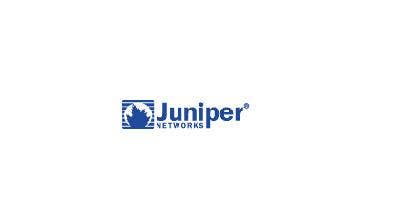
Dec. 31, 2007 Closing Price: $33.20
Dec. 31, 2008 Closing Price: $17.51
1-Year Change: -47.3%
In July, Scott Kriens said he would step down as CEO, but retain the title of chairman, while Microsoft's Kevin Johnson took the helm as CEO.
Sales through the first three quarters increased 30.5 percent, to $2.16 billion, while net income increased 59 percent to $379.3 million.
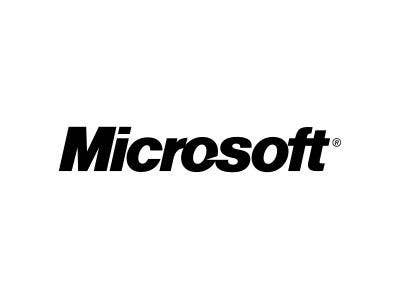
Dec. 31, 2007 Closing Price: $35.60
Dec. 31, 2008 Closing Price: $19.34
1-Year Change: -45.7%
You know it's a tough economy when the good news is you didn't slash your outlook as much as some analysts feared. That's the case for Microsoft, who cut its 2009 fiscal year outlook. In its first fiscal quarter, ended Sept. 30, the company earned $4.37 billion, up from $4.29 billion during the same quarter of 2007. Sales increased 9 percent to $15 billion.
For its 2008 fiscal year ended June 30, 2008, sales were up 18 percent to $60.4 billion, and net income increased 26 percent.
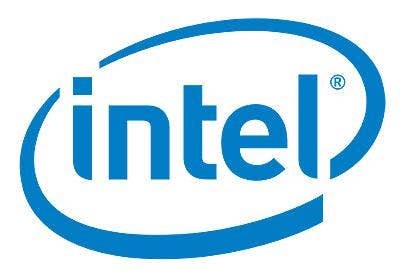
Dec. 31, 2007 Closing Price: $26.66
Dec. 31, 2008 Closing Price: $14.66
1-Year Change: -45.0%
Intel started the year hitting on all cylinders with clear technological and brand edges over its smaller rival AMD. The Santa Clara, Calif.-based chip giant's juggernaut was wobbled slightly in the early summer with a brief delay to its new notebook platform, Centrino 2, but during that time frame, Intel was also ramping its low-power Atom processor for the emerging netbook category. Intel has actually picked up market share even as the company has lowered guidance for fourth-quarter sales.
Intel's share price did drop 45 percent on the year, but that was almost entirely a function of the economic crisis in the second half of 2008. Signs of contraction in technology markets are appearing earlier at the hardware components basement than up in the software penthouse, so while Intel may be underperforming some of its high-tech peers right now, it's likely to have some company in the coming months.
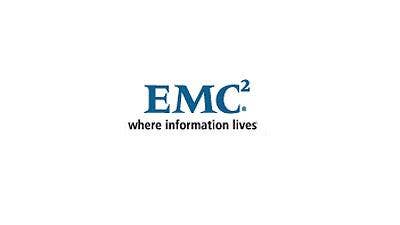
Dec. 31, 2007 Closing Price: $18.53
Dec. 31, 2008 Closing Price: $10.47
1-Year Change: -43.5%
On Jan. 8, 2009, EMC announced it would lay off 2,400 workers, 7 percent of its workforce, with a $248 million charge, and would report revenue of about $4 billion, a 4 percent growth from the fourth quarter of 2007.
Through three quarters, EMC's sales increased 9 percent to $7.30 billion, while net income fell 7 percent to $1.06 billion.
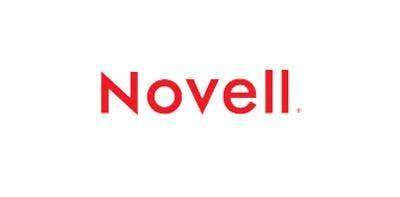
Dec. 31, 2007 Closing Price: $6.87
Dec. 31, 2008 Closing Price: $3.89
1-Year Change: -43.4%
This Waltham, Mass.-based developer reported a $8.7 million loss for the fiscal year ended Oct. 31, 2008, but that was better than the $26.3 million loss for fiscal 2007. Sales increased 2.6 percent in the fiscal year to $956.5 million, but Novell still canceled its annual BrainShare conference for 2009, citing the economy and tighter travel budgets.
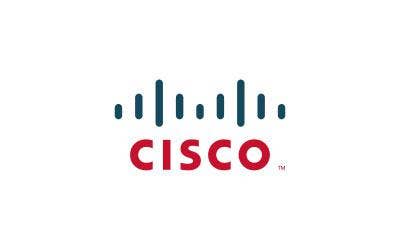
Dec. 31, 2007 Closing Price: $27.07
Dec. 31, 2008 Closing Price: $16.30
1-Year Change: -39.8%
Cisco first felt an economic bump in January 2008 and the company grew more cautious during the year. In November, Chairman and CEO John Chambers predicted that second-quarter sales, ending January 2009, would fall by up to 10 percent and the company announced plans to cut $1 billion out of its budget, which include canceling its 2009 global sales meeting and a mandatory shutdown in late December.
In its first quarter, ended Oct. 25, 2008, Cisco's net income was flat at $2.2 billion, while sales increased 8.1 percent. That growth rate was slower than the rate for its full 2008 fiscal year, ended July 26, 2008, when Cisco reported a 13.2 percent jump in sales to $39.5 billion, while net income increased 9.8 percent to $8.1 billion.
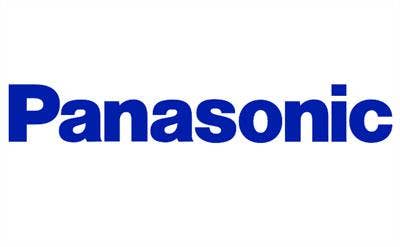
Dec. 31, 2007 Closing Price: $20.44
Dec. 31, 2008 Closing Price: $12.44
1-Year Change: -39.1%
In late November, Panasonic announced the company's business conditions are "deteriorating sharply, due mainly to the rapid appreciation of the yen, sluggish consumer spending and ever-intensified price competition." It cut its sales forecast for the fiscal year, after earlier reporting sales through the first two fiscal quarters had fallen 4 percent.
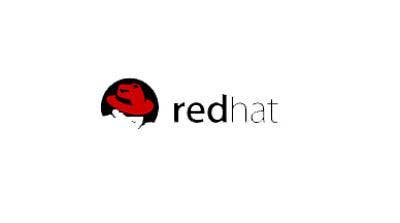
Dec. 31, 2007 Closing Price: $20.84
Dec. 31, 2008 Closing Price: $13.05
1-Year Change: -37.4%
In late December, this Linux developer reported a profit of $24.3 million, or 12 cents per share, that topped Wall Street's forecast, prior to charges, over the year-ago period. Sales increased 22 percent to $165.3 million. Through three fiscal quarters, ended Nov. 30, 2008, sales increased 22.5 percent to $401.9 million, while net income increased 15 percent to $62.7 million.
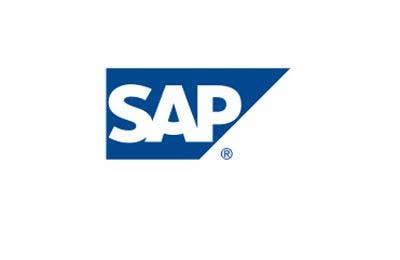
Dec. 31, 2007 Closing Price: $51.05
Dec. 31, 2008 Closing Price: $36.22
1-Year Change: -29.0%
The German software company's net income fell 11 percent through the first three fiscal quarters of 2008, while sales increased almost 15 percent. The third quarter marked the 19th consecutive quarter of double-digit growth in software and software-related services revenue, but by then the slumping global economy had begun to impact sales of SAP's enterprise applications. "Customers are continuing to spend on our products, but the economic and business environment is uncertain," co-CEO Henning Kagermann said in October.
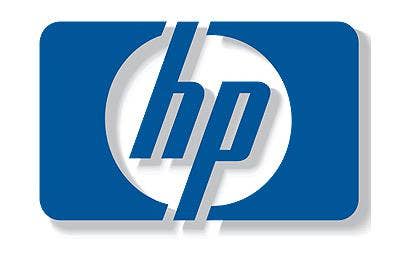
Dec. 31, 2007 Closing Price: $50.48
Dec. 31, 2008 Closing Price: $36.29
1-Year Change: -28.1%
CEO Mark Hurd was a busy man in 2008, as Hewlett-Packard made two big acquisitions, LeftHand Networks and EDS, while continuing to look to cut costs. In September, HP announced it would cut some 24,600 employees, about 7.5 percent of its global workforce. HP also made good on its 4Q financials, something few other companies could match.
For its 2008 fiscal year ended Oct. 31, HP reported $118.36 billion in sales, a 13.5 percent jump from fiscal 2007. Net income jumped even higher, 14.7 percent, to $8.33 billion.
"Our global reach, broad portfolio, numerous cost initiatives and consistent execution differentiate HP in the current economic environment," Hurd said in a statement late last year.
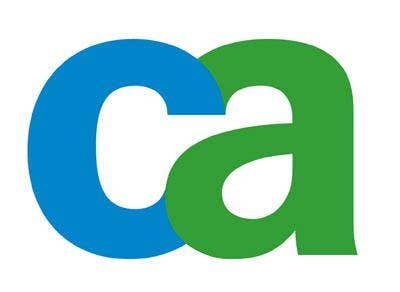
Dec. 31, 2007 Closing Price: $24.95
Dec. 31, 2008 Closing Price: $18.53
1-Year Change: -25.7%
CA ran a lean business in 2008. While revenue for the first two fiscal quarters, ended Sept. 30, grew a modest 5 percent, net income increased nearly 54 percent. In the second quarter, for example, total expenses were down 6 percent from the same period in 2007. One analyst estimated that cost-cutting initiatives resulted in an annualized savings of about $300 million, giving a boost to the company's bottom line. "Over the past few years, we have taken steps to increase efficiency, improve our cost structure, foster stronger and deeper relationships with our customers and deliver the industry's most innovative products," CEO John Swaison said in October.
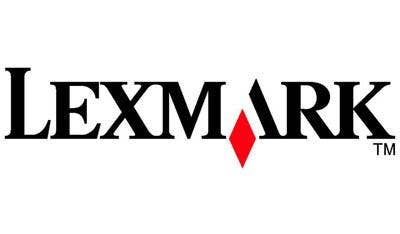
Dec. 31, 2007 Closing Price: $34.86
Dec. 31, 2008 Closing Price: $26.90
1-Year Change: -22.8%
Lexmark's revenue fell 6 percent through the first three quarters, to $3.44 billion, but its profits increased 10 percent during that same period to $222.1 million. The Lexington, Ky.-based print-and-imaging giant said it encountered "increasing economic weakness" in the third quarter, but its laser multifunction and laser supplies business was strong, according to Paul Curlander, chairman and CEO.
"As we look forward, despite a more difficult global economic environment, we expect to continue to make progress with our strategy to improve our focus and penetration in the higher usage market segments," he said in a statement.
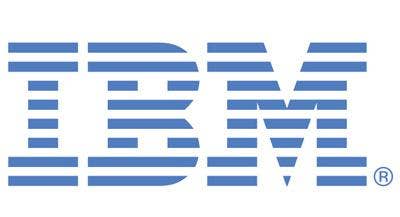
Dec. 31, 2007 Closing Price: $108.10
Dec. 31, 2008 Closing Price: $84.16
1-Year Change: -22.1%
Even Big Blue wasn't immune to the turmoil on Wall Street, despite a double-digit percentage in sales growth and an even larger increase in net income. Through its first three quarters, ended Sept. 30, IBM reported $76.7 billion in sales, up 13.8 percent. Earnings were up 22.3 percent to $7.91 billion.
"Our results demonstrate that the combination of a steady base of recurring revenue and profits, a range of products and services that deliver value to clients worldwide, and a strong and flexible financial foundation give IBM a competitive edge in good times and tough times," said Sam Palmisano, IBM chairman, president and CEO, in a statement last October. "These strengths, along with our strategy to manage for productivity in major markets and to invest for growth in emerging countries, have enabled IBM to thrive despite an economic environment that no one could have predicted."
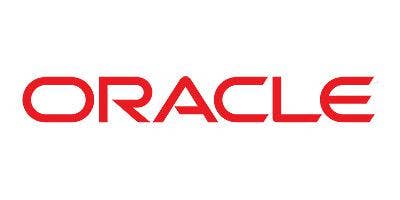
Dec. 31, 2007 Closing Price: $22.58
Dec. 31, 2008 Closing Price: $17.73
1-Year Change: -21.5%
Oracle finished its fiscal 2008, ended May 31, with net income up 29 percent on a sales increase of 25 percent. The company's momentum continued through the year, with sales of its middleware and flagship database software particularly strong: Only sales of application software showed hints of weakness in late 2008 as the economy deteriorated. "I think customers are signing up for fewer multiyear, multimillion-dollar contracts," CEO Larry Ellison said in December. For the first six months of fiscal 2009, ended Nov. 30, Oracle's sales and net income both grew 11 percent.

Dec. 31, 2007 Closing Price: $12.03
Dec. 31, 2008 Closing Price: $9.62
1-Year Change: -20.0%
A young company still in growth mode, Compellent almost doubled its revenue through the first three quarters of 2008, compared with the same period in 2007. The company also narrowed its net loss by 71 percent, for the same periods. In its third quarter, the company earned its first quarterly profit, $464,000 or 1 cent per share.
"Users are looking for a more cost-efficient method of storing data, and our feature-rich solution addresses these requirements," said Phil Soran, president and CEO, in a statement last October.
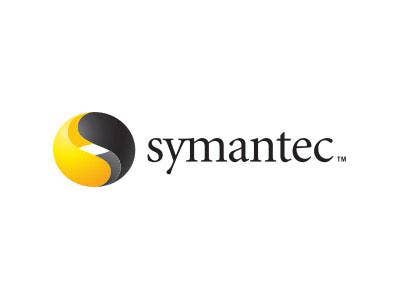
Dec. 31, 2007 Closing Price: $16.14
Dec. 31, 2008 Closing Price: $13.52
1-Year Change: -16.2%
CEO John Thompson announced he would step down in April 2009, to be replaced by COO Enrique Salem. But Wall Street seems fine with the transition, as the Cupertino, Calif.-based company's stock held up much better than most other IT vendors last year.
In the six-month period, ended Oct. 3, 2008, sales increased 12 percent to $3.17 billion, while net income zoomed a mighty 124 percent to $326.8 million.
"In the face of a slowing economic environment around the world, Symantec continued to generate growth in both our core business and in high-growth areas, which are becoming increasingly important to our customers," Thompson said in a statement last October. "I am also quite pleased with our continued operating margin expansion and earnings growth, which is a result of our ongoing focus on managing costs and expenses."
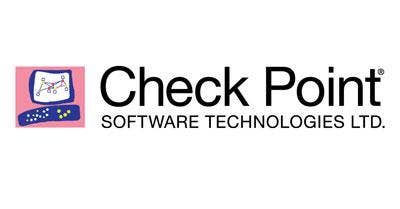
Dec. 31, 2007 Closing Price: $21.96
Dec. 31, 2008 Closing Price: $18.99
1-Year Change: -13.5%
The Redwood City, Calif.-based security developer also increased its sales and net income through the first three quarters of 2008. Check Point reported $590.9 million in sales, a 13 percent increase, and $237.5 million in earnings, a 23 percent increase.
"We are very pleased with our performance during the quarter and believe it can be attributed to the continued implementation of our total security strategy," said Gil Shwed, chairman and CEO, last October.
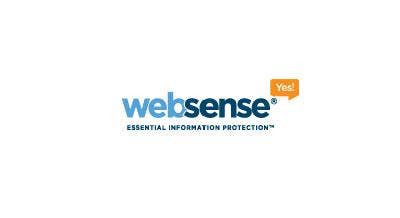
Dec. 31, 2007 Closing Price: $16.98
Dec. 31, 2008 Closing Price: $14.97
1-Year Change: -11.8%
When Websense announced its third-quarter financials, not only did the San Diego-based company increase sales, but it also took the unusual step of projecting double-digit growth for 2009.
Through the first nine months of 2008, Websense's sales increased 44 percent to $216.6 million, although its net loss for the year increased to $17.9 million, compared with a $12.4 million profit through the same period in 2007.
"We posted another solid quarter in Q3 as we continue to exceed our original expectations for earnings and cash-low accretion due to the SurfControl acquisition. We have yet to see a significant negative impact on our business from the recent economic turbulence, and billings for our core products increased 7 percent from combined billings of Websense and SurfControl last year, excluding SurfControl products that we discontinued," said Gene Hodges, Websense CEO last October.
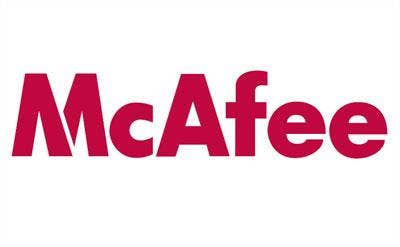
Dec. 31, 2007 Closing Price: $37.50
Dec. 31, 2008 Closing Price: $34.57
1-Year Change: -7.8%
McAfee emerged from 2008 with its stock performing relatively well, with a year-over-year stock drop of only 7.8 percent.
The Santa Clara, Calif.-based company's net income fell 18 percent through the first three fiscal quarters, compared with the year-ago quarters, but sales increased 24 percent.
"McAfee's third-quarter results validate that our focus on security market leadership continues to drive financial performance," said Dave DeWalt, McAfee's president and CEO, last October. "We achieved double-digit, year-over-year revenue growth across our five geographic markets and both corporate and consumer segments. Global enterprises continue to standardize their security with McAfee. Partners, corporations, governments and consumers see compelling value in McAfee's solutions."